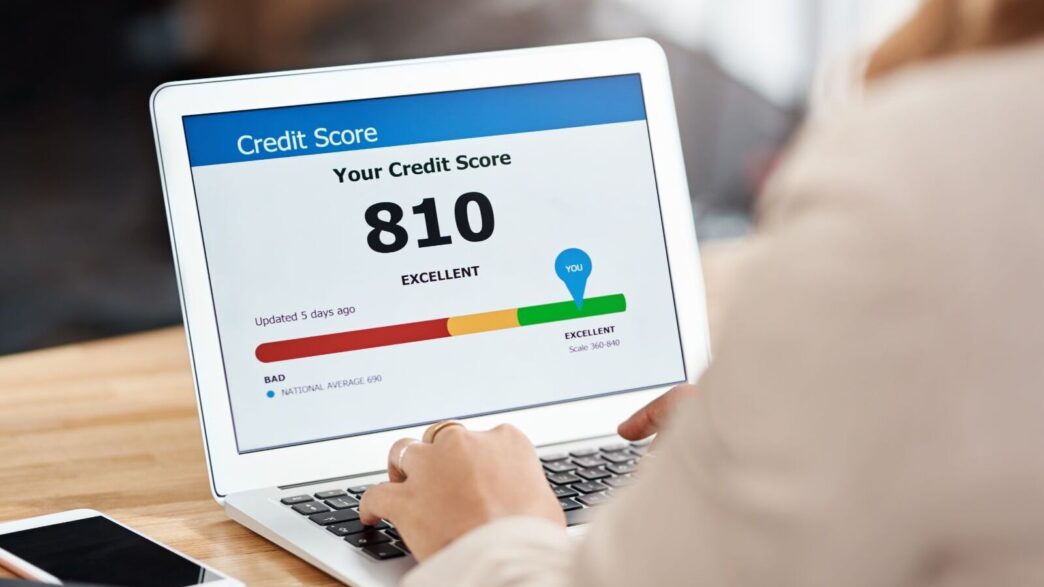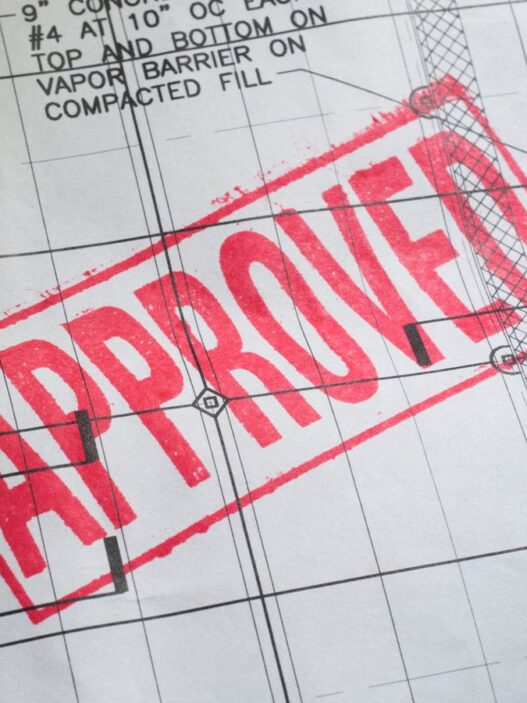The words “credit” or “debt” can feel quite daunting, especially when you’re just starting on your financial journey. For a long time, young individuals were often advised to avoid borrowing or seeking credit in the early stages of building their financial independence. The belief was that credit was risky, something to be avoided unless necessary. However, over the past five to seven years, this perspective has changed dramatically.
Today, credit is not only more accessible, but it’s also available to almost everyone from salaried professionals to freelancers and students. With just a few clicks, you can apply for a loan or a credit card. But while access to credit has improved, it’s important to understand that there is always a cost involved. This cost typically comes in the form of interest rates and is influenced by factors such as the lending institution’s policies and your individual credit history.
For those who are applying for credit for the first time often referred to as “New to Credit” (NTC) individuals the process can be slightly more difficult. Lenders don’t have any historical data to evaluate your repayment behaviour, so they’re more cautious when approving credit. That’s why it’s helpful to proactively build your credit history before you need to rely on credit.
Starting early: Building credit the smart way
The most effective and accessible way to start building your credit history is by using a credit card. Even if you don’t need to borrow money right away, simply having a credit card and using it responsibly can help you create a positive credit footprint. When you’re issued a credit card for the first time, the lending institution will usually evaluate your bank account details, income statements, or employment history to assess your financial credibility. Your initial credit limit might be modest, often starting around ₹1 lakh but that’s more than enough to begin.
Here’s how to use a credit card wisely to build your credit profile:
• Use it sparingly and only for essential expenses
• Always pay your dues in full and on time not just the minimum payment
• Avoid maxing out your credit limit
By consistently paying your total dues before the due date, you’re demonstrating responsible financial behaviour. Over time, this helps build a good credit history. Lenders take note of this, and may even increase your credit limit or offer better terms. Such disciplined usage is reflected positively in your credit report and contributes to a healthy credit score.
What to avoid in the early stages
As tempting as it may be to take advantage of the many short-term, small-ticket loans now offered by digital lenders, it’s important to resist this urge especially when you’re just starting your credit journey. Repeatedly taking small loans can signal to lenders that you are constantly in need of funds. This can negatively impact your creditworthiness.
Similarly, applying for multiple loans just to check your eligibility or out of curiosity is a behaviour to avoid. Every time you apply for a loan, the inquiry is recorded on your credit report. Too many such inquiries in a short span can indicate that you’re under financial stress, even if you’re not borrowing the funds.
If you’re curious about your credit eligibility or simply want to track your credit health, use a credit report issued directly by a credit bureau. These are known as Direct-to-Consumer (D2C) credit reports. Checking your score this way does not count as a credit inquiry and won’t negatively impact your score. Monitoring your credit regularly through these reports helps you stay informed without signalling to lenders that you’re actively seeking loans. This is a great habit to adopt from the very beginning of your financial journey.
The golden rule: Discipline
Throughout your credit journey—whether you’re managing a credit card, an education loan, a personal loan, or any other financial obligation—the most important rule is this: always pay your dues on time and in full. This single habit is the foundation of a strong credit score. Good credit behaviour today ensures that you’ll have access to the best credit facilities in the future whether it’s for starting a business, purchasing a home, or handling a medical emergency. Practicing prudence and discipline from the start will ensure you get the right amount of credit, at the right time, with the most favourable terms.
Disclaimer: The information provided in this article is for informational purposes only and does not constitute financial, legal, or professional advice. While every effort has been made to ensure accuracy, readers should verify details independently and consult relevant professionals before making financial decisions. The views expressed are based on current industry trends and regulatory frameworks, which may change over time. Neither the author nor the publisher is responsible for any decisions made based on this content.
Sachin Seth, Chairman CRIF High Mark and Regional MD CRIF India & South Asia












